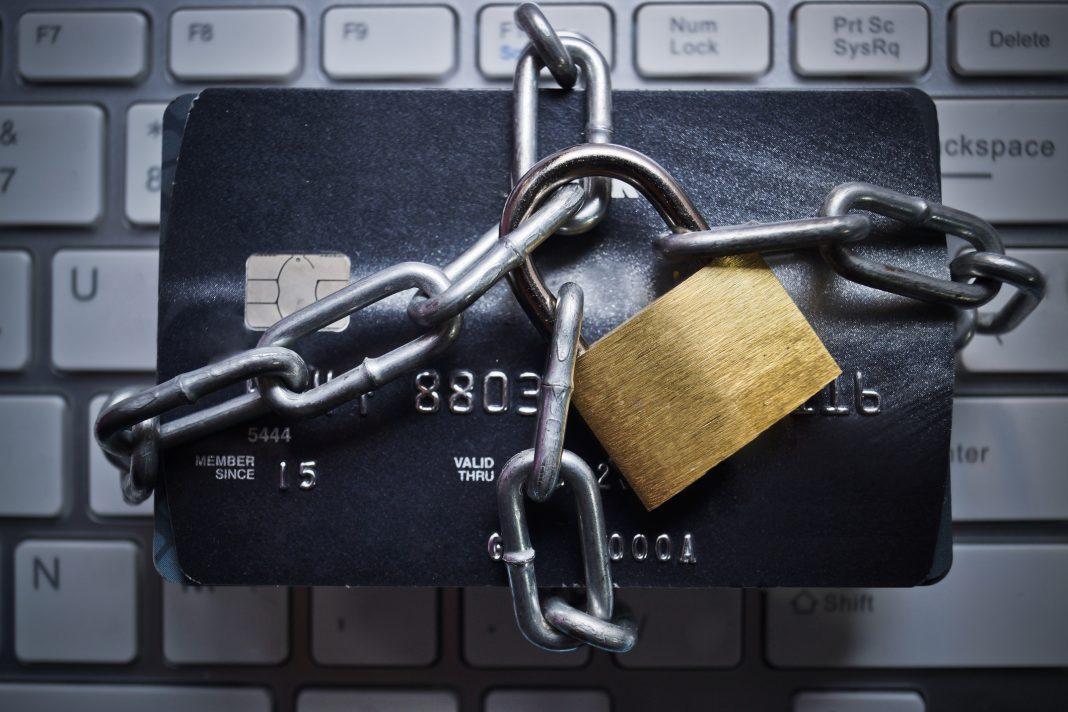Whether you plan to travel now or in a year, you should take steps to protect yourself from identity theft and credit card fraud while you’re on vacation. Tourists are often victims of theft, including passport and credit card theft—both of which can compromise personal information. Thieves can gain data by physically taking belongings the old-fashioned way or by hacking into your phone or computer.
By following these six tips before and after you travel, you could save yourself years or even a lifetime of credit and financial nightmares.
1.Notify Your Creditors of Your Travel Plans
Before you travel anywhere, call your credit card companies and your banks to let them know where you will be and when you plan to travel. Many banks and credit card companies keep track of your spending habits, so any purchases out of the norm may prompt them to lock down your account—this could be especially frustrating if you are out of the country and have no way of reaching your bank or credit card company.
If you do end up going overseas, find out the best way to get in touch with your creditors should your credit card or bank card get lost or stolen while you are away. Keep this information and all creditor phone numbers in a safe place that is separate from your cards—then you’ll have it on hand no matter what happens to your wallet or purse.
2. Set Up Email or Text Alerts
As you prepare to travel, subscribe to mobile email or text alerts. By doing so, you will be notified of all activity on your accounts. Receiving email or text alerts on your phone can stop credit card fraud in its tracks, since transaction information is sent to you almost instantaneously. This timely warning can help you resolve unauthorized purchases on the spot.
3.Make Copies
Whenever you travel, make photocopies of both the front and back of your credit cards. Give the copies to a trusted family member or friend at home. In the unfortunate event that your credit card is lost or stolen, you can quickly obtain all the information you need to cancel your credit card.
If you prefer to store copies digitally, you can scan and upload your copies to a secure cloud storage site, such as Google Docs or Dropbox. Should you access your documents while traveling, make sure you are connected to a secure network and not to an open Wi-Fi connection where hackers can steal your passwords and get into your accounts.
Whatever you do, do not keep copies in your luggage. Should your luggage get lost or stolen, you are putting yourself at risk for credit card fraud as your credit card numbers can be used to make fraudulent purchases.
4.Check Your Credit Card and Bank Accounts Often
If you haven’t done so already, sign up for online access to your bank accounts and credit card statements. Consider downloading the mobile apps for your bank and credit cards for easy and convenient access to your accounts. With these apps, you can not only view your bank balances and credit limits but also see all current transactions.
As soon as you see anything suspicious, immediately contact your bank or credit card company to report the questionable charge. Once you’re home, review the transactions from your trip to ensure you didn’t miss any unusual activity that should be reported.
5.Update Your Account Passwords and PINs
If you can’t remember the last time you updated your password or account PIN, it’s probably a good idea to do so now. Create passwords that are long and unique to each credit card and bank account. Updating your passwords and PINs may be a cumbersome task, but the time you take to do so will be well worth the extra protection and security.
6.Stay Alert at All Times
With the recent Equifax data breach, many are on high alert and constantly looking out for suspicious activity. But with time, people may grow lax and check their accounts less often—and this is when a credit card thief’s strike will hurt the most.
Some thieves may sit on your information in hopes of catching you unaware. So it’s important to continually monitor your credit and keep your files and important documents in safe and secure locations where thieves may not think to look.
If you’re thinking of taking a trip, use these tips to avoid credit card theft and protect your financial standing. Credit card fraud can be damaging if not handled properly, so don’t be afraid to check your accounts frequently or err on the side of caution. You can never be too careful.
This article originally appeared on Credit.com and was written by Leslie Tayne.










